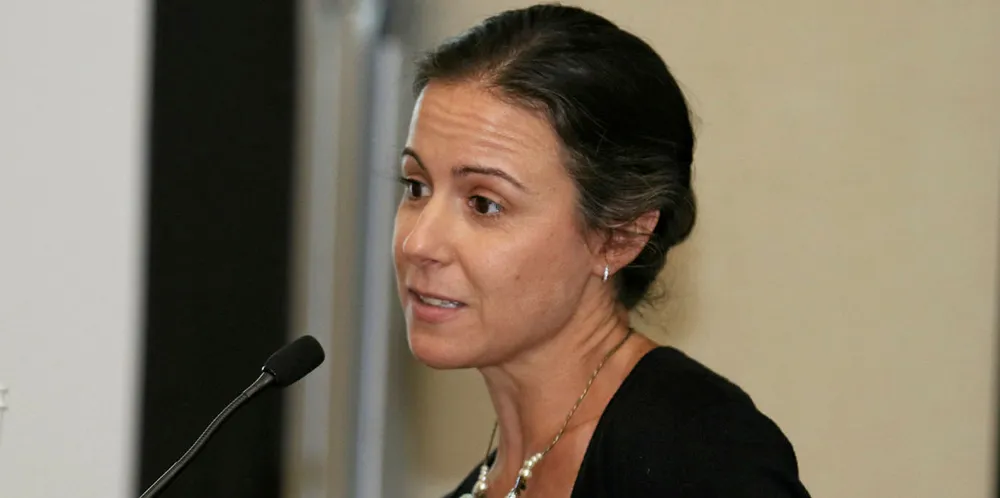This seafood start-up won thousands of listings, glowing press and the backing of Leonardo DiCaprio. What happened?
LoveTheWild's journey has been a wild one. The founder tells IntraFish what comes next.

LoveTheWild's journey has been a wild one. The founder tells IntraFish what comes next.
